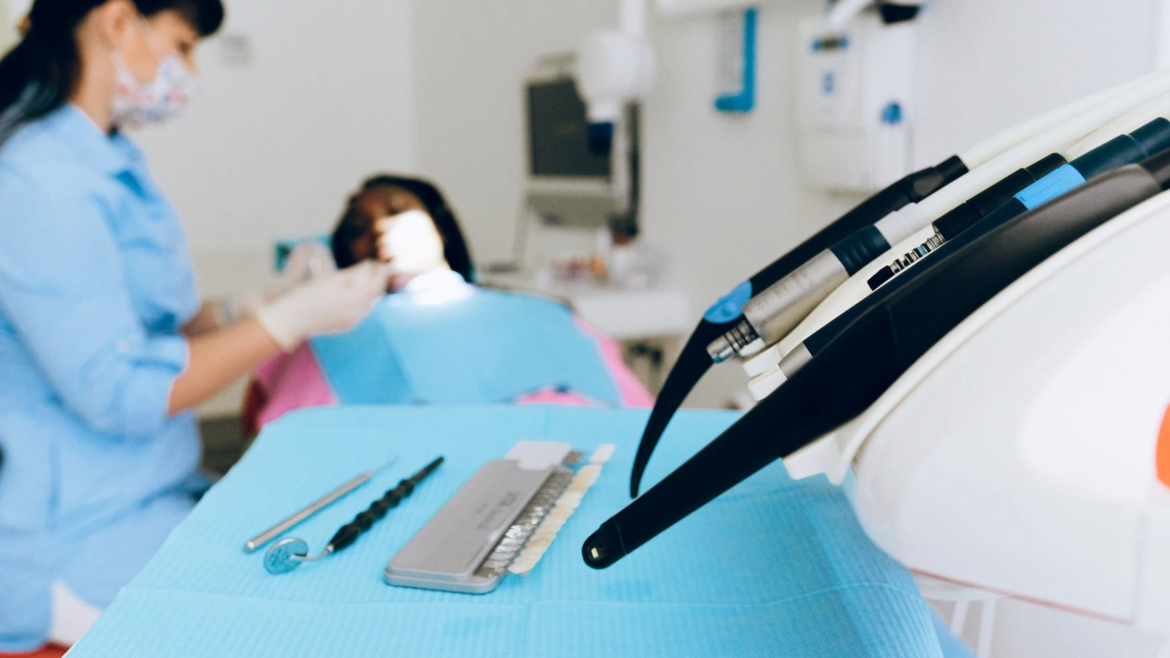Dental implants are now widely regarded as the best option for replacing missing teeth and rejuvenating smiles. Whether you require a single-tooth replacement or need to address multiple missing teeth, dental implants provide a dependable, long-lasting, and aesthetically pleasing solution.
Here, we have shared different types of dental implants and their respective benefits & procedures.
Endosteal Implants
Endosteal implants are the most common and widely used type of dental implant. “Endosteal” refers to their placement within the jawbone. These implants are typically made of titanium, which is biocompatible and fuses with the jawbone during a process called osseointegration. The endosteal implant consists of a small titanium post shaped like a screw or cylinder.
Procedure:
- Your dentist will make an incision in the gum to expose the jawbone, and a hole is drilled to insert the implant.
- After the implant is placed, the gum is sutured closed, and a healing period of several months follows for osseointegration to occur.
- Once osseointegration is complete, a connecting component called an abutment is attached to the implant.
- The final step involves placing a customized dental crown onto the abutment, effectively restoring the missing tooth.
Benefits:
- High success rate.
- Suitable for most patients with healthy jawbone density.
- Provides stable support for crowns, bridges, or dentures.
Subperiosteal Implants
Subperiosteal implants are an alternative for patients with inadequate bone density or height for traditional endosteal implants. Unlike endosteal implants, subperiosteal implants are placed on or above the jawbone, just below the gum tissue.
Procedure:
- A metal frame is custom-made to fit over the jawbone, and it is placed either on top of or slightly underneath the gum tissue.
- As the gum heals, the frame becomes securely fixed to the jawbone.
- Prosthetic teeth are then attached to the metal frame.
Benefits:
- Suitable for patients with limited jawbone height or density.
- Minimally invasive procedure compared to bone grafting.
- Offers a stable foundation for replacing missing teeth.
All-on-4 Implants
The All-on-4 implant technique is a groundbreaking solution for patients who need a full arch of teeth replaced. This method allows for a complete set of teeth to be supported by just four strategically placed dental implants.
Procedure:
- Four dental implants are positioned at precise angles in the jawbone to maximize support and stability.
- Temporary prosthetic teeth are attached to the implants while osseointegration takes place.
- After the healing period, the final set of customized prosthetic teeth is securely fixed to the implants.
Benefits:
- Reduces the need for bone grafting in patients with bone loss.
- Shorter treatment time compared to traditional full-arch implant procedures.
- Offers immediate teeth replacement for enhanced aesthetics and functionality.
Mini Dental Implants (MDI)
Mini dental implants are suitable for patients who have low bone density because they have a smaller diameter than the usual implants.
Procedure:
- MDIs are placed through a less invasive procedure which requires a smaller incision.
- They are often used to stabilize lower dentures or to replace small teeth, such as incisors or premolars.
Benefits:
- Ideal for patients with thin or inadequate jawbones.
- Minimally invasive, leading to quicker healing times.
- Cost-effective option for patients seeking dental implants.
Zygomatic Implants
Zygomatic implants are an advanced type of dental implant used in cases of severe bone loss in the upper jaw. Unlike traditional implants that are placed directly in the jawbone, zygomatic implants anchor to the cheekbones (zygomatic bones).
Procedure:
Zygomatic implants are a specialized dental procedure used when patients lack sufficient bone in the upper jaw for traditional implants. During the surgery, longer implants are anchored into the zygomatic bone, providing a stable foundation for dental restorations such as bridges or dentures. This technique allows for improved function and aesthetics.Zygomatic implants provide stability and support for prosthetic teeth.
Benefits:
- Suitable for patients with significant bone loss in the upper jaw.
- Avoids the need for bone grafting, which can be time-consuming and costly.
- Provides a viable solution for patients with few remaining natural teeth.

